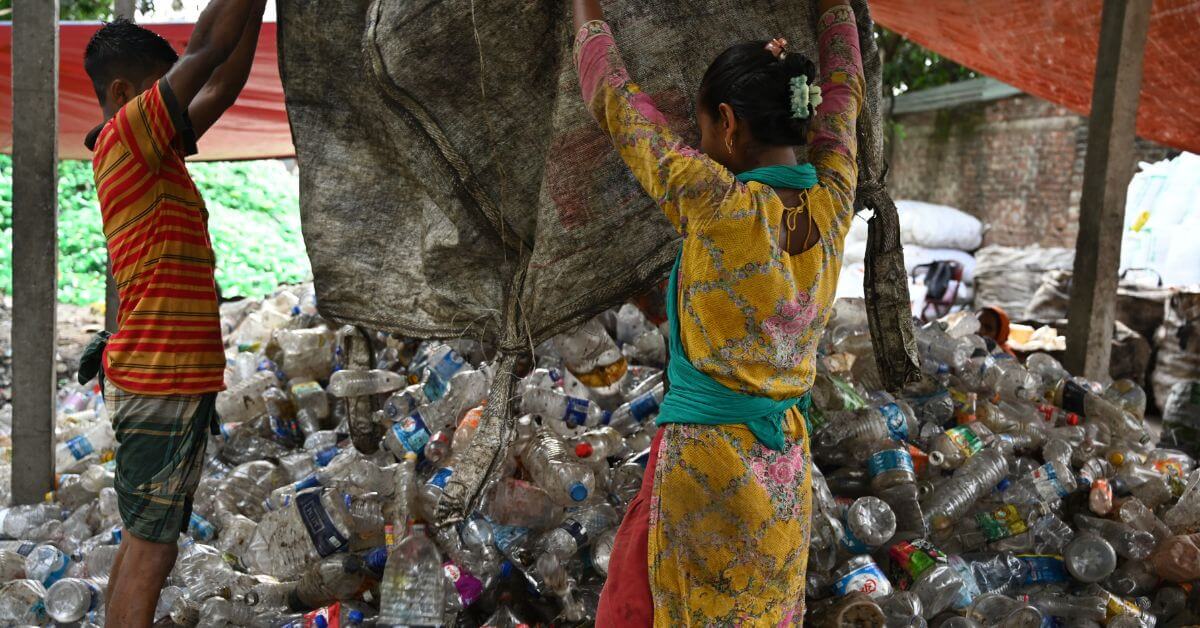Nigeria’s capital, Abuja, offers its young people the prospect of a better future.
However, despite its busy streets and vibrant markets, child labor and exploitation remain a problem.
In this in-depth investigation, we highlight the shared responsibility to ensure a future in which children’s rights are respected and upheld, highlight the urgent need to address child labor, explore the underlying causes, look at the initiatives igniting change, and examine the root causes of child labor.
Child Labor: A Complex Issue You Must Understand
- Definition of Child Labor
Engaging children in work that robs them of their childhood, prevents them from attending regular school, and is bad for their mental, physical, social, or moral development is known as child labor.
- Root Issues and Exposure
Children are more susceptible to exploitation and labor because of factors like poverty, illiteracy, insufficient social services, and cultural norms.
What Child Labor Costs
- Influence on Education
Children who work as children are denied the chance to go to school, which keeps them in a cycle of poverty and limits their prospects for the future.
- Physical and mental well-being
Children who work in dangerous conditions risk suffering physical wounds, health problems, and long-lasting psychological scars that have an effect on their general well-being.
- Disrespect for human rights
Fundamental human rights, such as the rights to health, education, and protection from exploitation, are violated by child labor.
Change-related initiatives in Abuja
- Governmental Directives and Laws
Abuja has put in place legal frameworks that forbid child labor and safeguard children’s rights, but enforcement is still difficult.
- Instruction and Information
Initiatives concentrate on spreading the word about the detrimental effects of child labor and the value of education.
- Partnerships and Cooperation
Through extensive programs and interventions, government agencies, NGOs, and international organizations work together to address child labor.
Future Protection of Children’s Rights
- Access to High-Quality Education
Access to high-quality education is essential to preventing child labor and equipping kids with the knowledge and skills they need for a better future.
- Fighting Poverty
The root causes of child labor, including poverty, must be addressed by giving families access to resources and social support.
- Advocacy and Empowerment
Combating child labor requires empowering kids and their families to know their rights and demand change.
Future-Proofing Compassion: Advice and Insights
- Encourage educational programs
Contribute to organizations and projects that ensure children receive a quality education and the chance to learn and develop.
- Spread Knowledge
Social media, neighborhood conversations, and educational workshops can all be used to raise awareness of child labor and exploitation.
- Promote Policy Modification
Engage in dialogue with regional and federal authorities to promote stricter enforcement of anti-child labor laws and the adoption of measures to safeguard children’s rights.
- Strengthen Families
Support initiatives that give families the financial means to improve their standard of living and lessen the need for child labor.
- Participate in NGOs
Join non-governmental organizations that are fighting child labor in Abuja and contribute your time, talents, and resources to their efforts.
Addressing Inquiring Minds:
- What percentage of children work in Abuja?
In Abuja, child labor is still a problem, especially in domestic work, agriculture, and unregulated industries.
- At what age can one legally work in Abuja?
Children under the age of 15 are not permitted to work in Abuja, where the legal working age is 18, with the exception of a few non-hazardous activities.
- How can people help the fight against child labor in Abuja?
By spreading awareness, volunteering with nonprofits, and supporting laws that uphold children’s rights, people can contribute to the cause.
- Does Abuja offer rehabilitation services for children rescued from abusive labor conditions?
Yes, rehabilitation programs offer education, counseling, and job training to rescued children to aid in their reintegration into society.
Conclusion
Abuja’s dedication to defending the rights and dignity of its youngest citizens is demonstrated by its efforts to combat child labor and exploitation.
The city is laying the groundwork for a future in which kids can grow, learn, and dream without fear by addressing the systemic problems that support child labor.
Let’s keep in mind that every child deserves a childhood free from exploitation as we travel the path toward change.
We can leave a legacy that upholds every child’s fundamental rights in Abuja and beyond by banding together to oppose child labor, promote education, and foster an atmosphere of empowerment and compassion.





